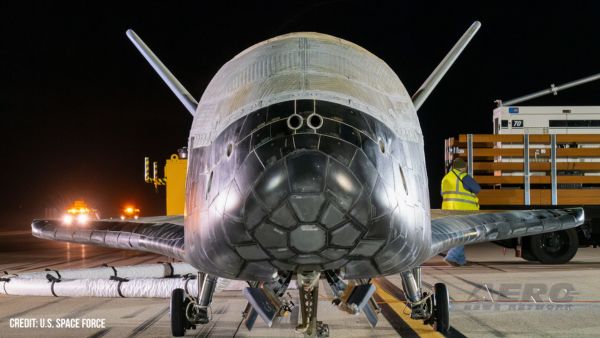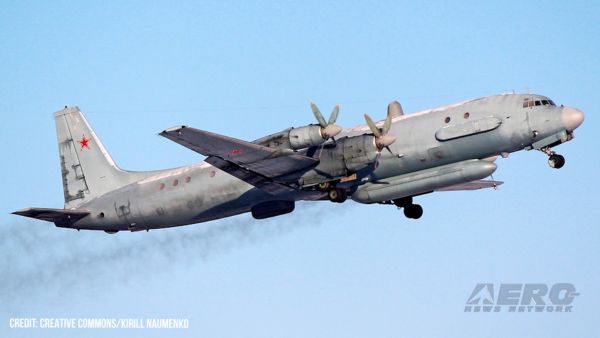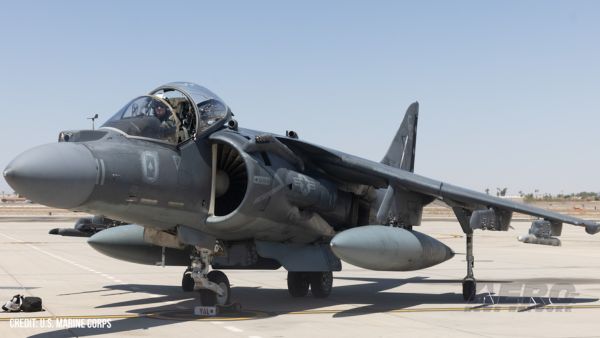Elwood 'Woody' Menear Shouldn't be Victim of 'PC Police'
US Airways has let the world know that it has suspended pilot
Elwood 'Woody' Menear, 46, after he was charged with two crimes,
for a question he asked overzealous screeners last weekend ("US
Airways Pilot Made 'Inappropriate' Remarks!" 01-14-02,
ANN).
The airline wouldn't say whether Woody's still drawing a
paycheck.
"Authorities" still won't say what Menear's "inappropriate"
question was, though one might ask if "inappropriateness" is now
grounds for prison time, since the standards for judging
"inappropriateness" vary from one person to another -- and thus
aren't "standards," at all.
His preliminary hearing on the PC charges is set for March
8.
Union View Yesterday, Capt. Duane Woerth, president of the Air
Line Pilots Association, in response to the arrest in Philadelphia
last Sunday, let loose a sensible (as usual...) statement:
The arrest of an airline pilot for making a factual statement
about incongruities in our security practices at airports
underlines just how much of a strain the Sept. 11 attack has placed
on the air transport system and on all Americans.
ALPA strongly supports the increases in security that have
occurred since the terrorist attack. Indeed, the reason that we
have x-ray machines and metal detectors at airports is because ALPA
demanded them after the flurry of hijackings in the early 1970s.
Within 24 hours after the Sept. 11 attack, ALPA began aggressive
efforts to lead, expedite, or participate in many of the security
changes that have been imposed since then.
Having said that, I must report that since Sept. 11, ALPA has
received thousands of complaints from pilots regarding
inconsistencies or improprieties they have encountered at airport
screening points, and about the logic of some of the rules, for
example, confiscating nail clippers when the pilot has access to a
crash axe in the cockpit.
The issue reached the point where last month we posted on our
internal Web site a comprehensive set of guidelines for pilots,
explaining the regulations, proper procedures for screeners and
pilots, and how pilots should handle problem situations.
There clearly are problems in the system, because it's not just
pilots who are complaining. Various news stories have reported
complaints from passengers about abuses such as improper touching,
excessive zeal and arbitrary treatment at the hands of screeners
("Metal Hip, eh?" 01-09-02, ANN).
Furthermore, pilots sometimes perceive that they are subjected
to higher levels of scrutiny than normal, while others such as
caterers and cleaning crews have access to their waiting aircraft
with virtually no security checks or supervision.
ALPA strongly advises pilots always to comply with instructions
at the screening points, but the problems of inconsistency and
improper procedures are creating ill will among pilots and need to
be addressed. We have been working with federal officials to try to
rectify these problems. We anticipate some improvements when the
Transportation Security Administration assumes control of airport
security on Feb. 17. In the meantime, ALPA will defend the pilot
involved in this unfortunate incident to ensure that a proper
investigation has been conducted and that the pilot has been
afforded appropriate due process in this case.
In closing, I want to highlight one specific proposal that ALPA
has been proposing in one form or another since 1987. That is the
"Universal Access" ID card system. New ID cards with embedded
microchips can store a variety of information that would provide a
nearly foolproof way to identify pilots and other airline and
airport workers. Anyone bearing this form of ID could be processed
through security with a less intense level of scrutiny. That would
go a long way toward relieving a principal source of complaints
from pilots. This technology can even be applied to the concept of
"trusted passenger" lists. Pre-screened passengers bearing these
encoded ID cards likewise would undergo less intense scrutiny.
 Classic Aero-TV: Profiles in Aviation - Aaron Singers Nanchang CJ-6A
Classic Aero-TV: Profiles in Aviation - Aaron Singers Nanchang CJ-6A ANN's Daily Aero-Term (08.23.25): On-Course Indication
ANN's Daily Aero-Term (08.23.25): On-Course Indication Aero-News: Quote of the Day (08.23.25)
Aero-News: Quote of the Day (08.23.25) ANN's Daily Aero-Linx (08.23.25)
ANN's Daily Aero-Linx (08.23.25) Aero-News: Quote of the Day (08.24.25)
Aero-News: Quote of the Day (08.24.25)


